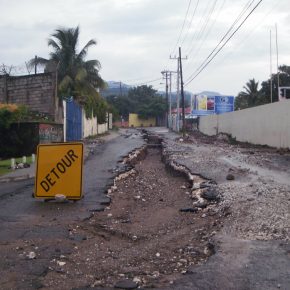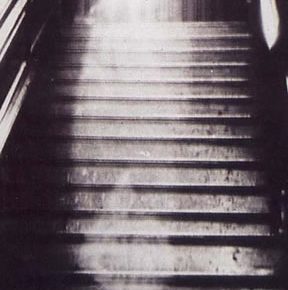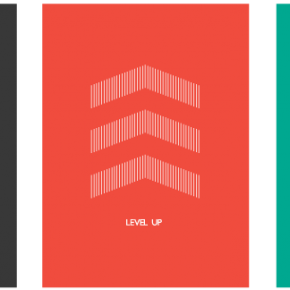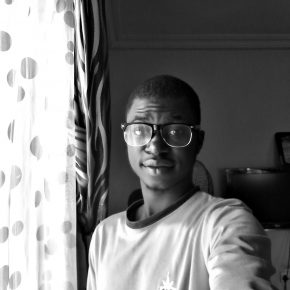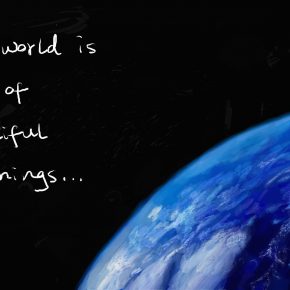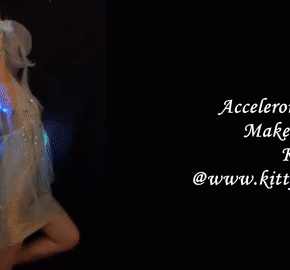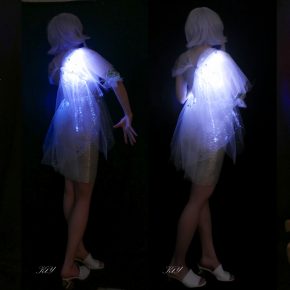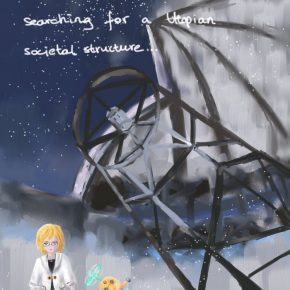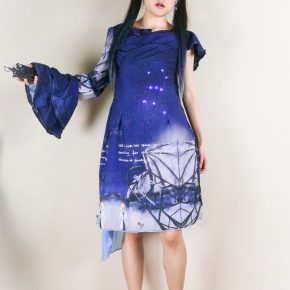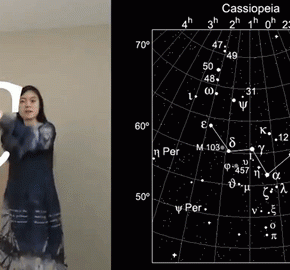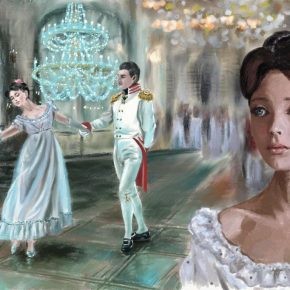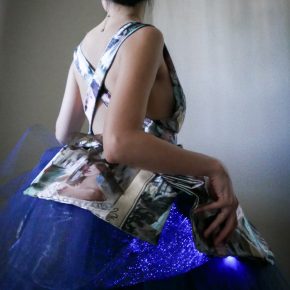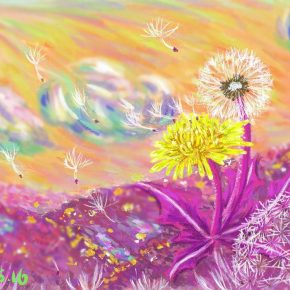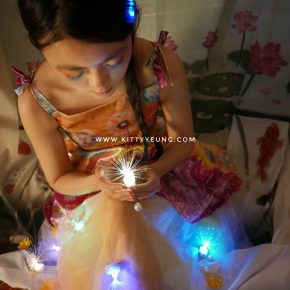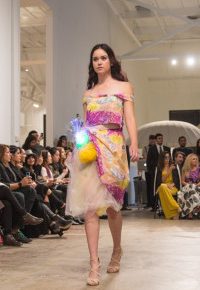Noël in the Sierra
By Christopher Bernard
They’d been traveling all day, since before the sun rose,
and now it was cold and dark and snowing,
then the car broke down and now this cracker . . .
“You just got bad timing,” the burly man had said.
“Nobody around here’s got any rooms tonight. Sorry.”
“Damn all . . .!” That was the last straw.
It was Christmas Eve, man! . . . “It’s all right, Jay.”
The girl, her small heart pounding,
looked the motel owner straight in the eye.
Sheesh! the man thought. How old are these kids?
Him, skinny, rasta hair, bitter eyes, eighteen maybe,
her, tiny, cornrows, more in control than her dude,
sixteen—less!
And what are they doing in Red Bluff?
The nearest ghetto’s in Oakland . . .
Oh no . . . He sees the problem: the little swollen body,
the perfect little sphere at her tummy
peeking through a tatty coat. . .

